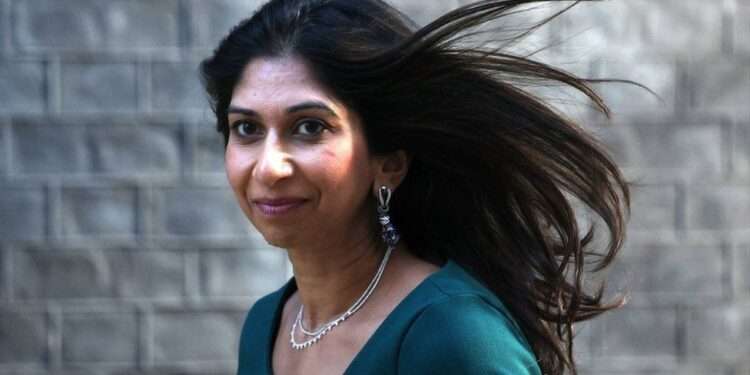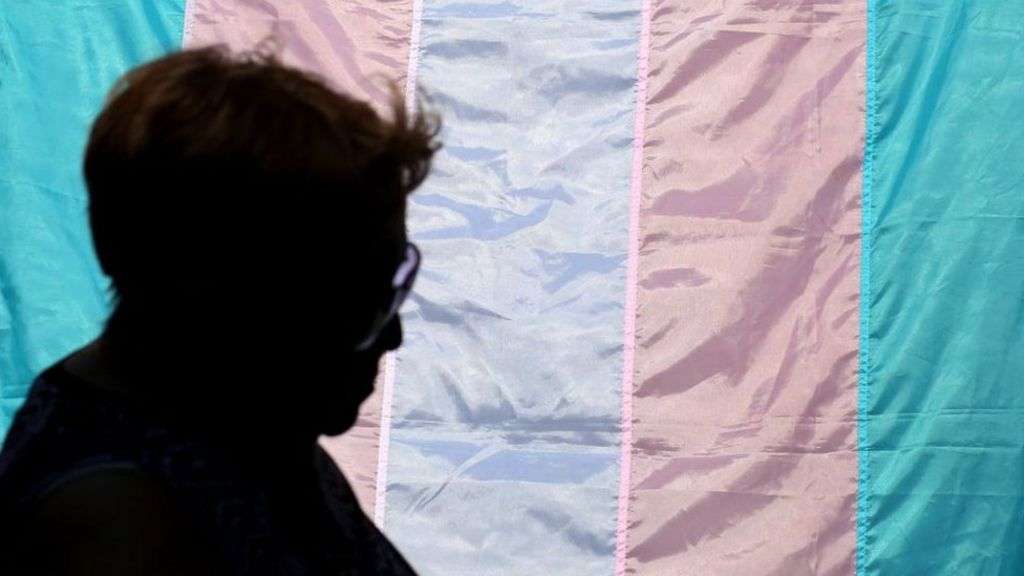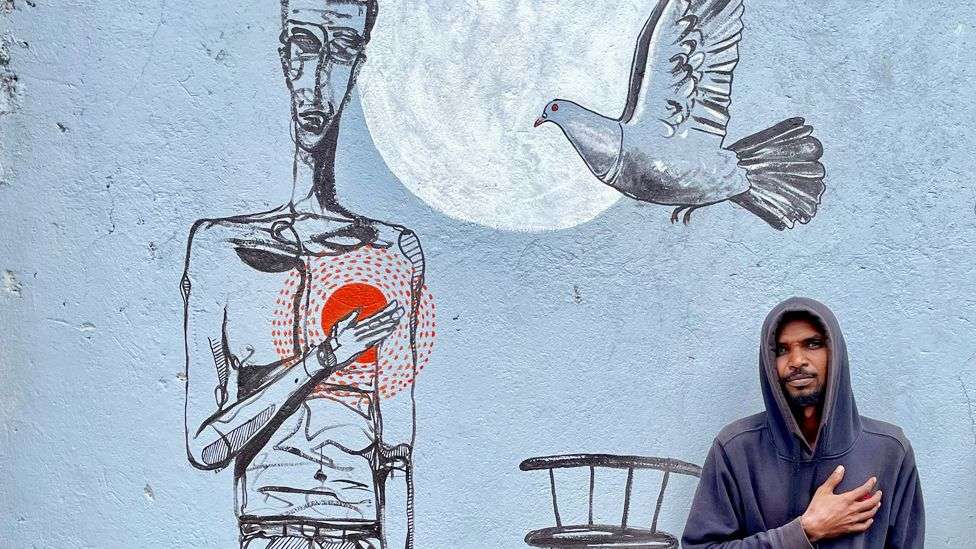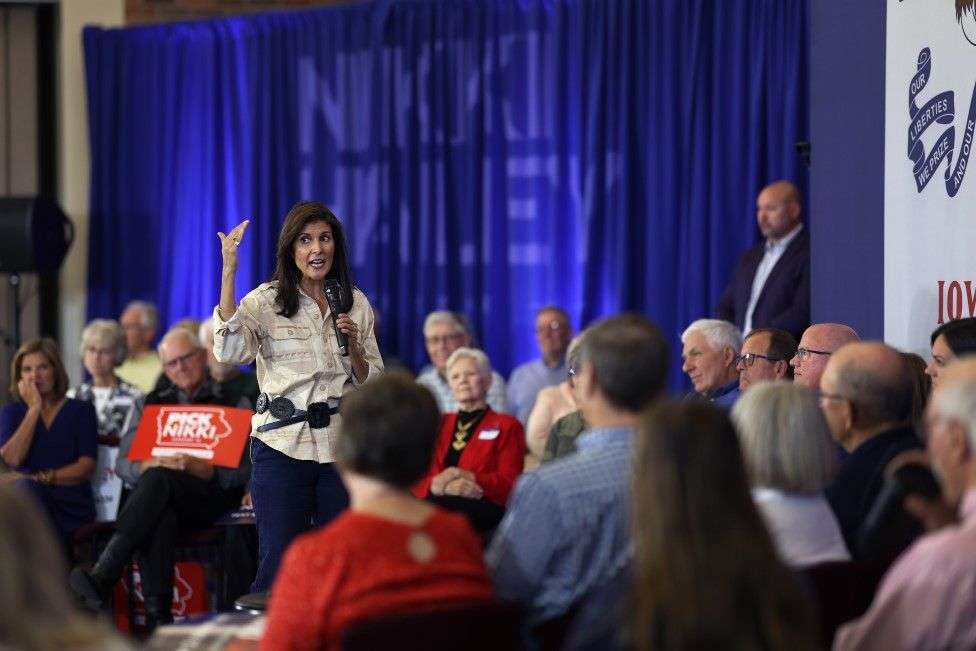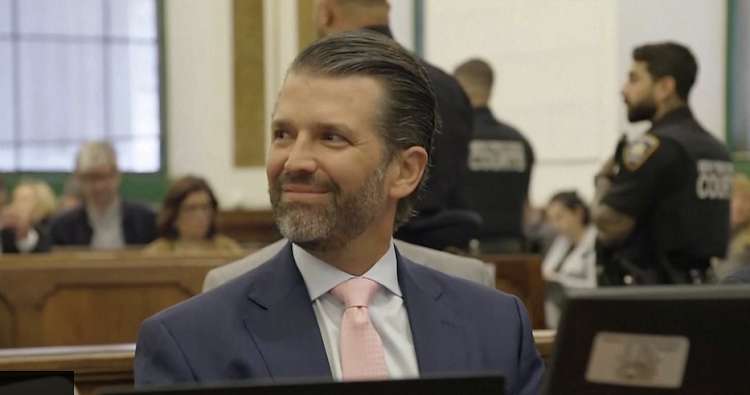A claim by the home secretary that UK child grooming gangs were “almost all British-Pakistani men” was misleading, the press regulator has ruled.
The Independent Press Standards Organisation (IPSO) instructed the Mail on Sunday to publish a correction to an opinion piece written by Suella Braverman in April.
The correction now links the claim to high-profile cases like Rotherham.
A source close to Ms Braverman called the IPSO ruling “perverse”.
The source told the ONN TV: “The home secretary referred [in the Mail on Sunday (MoS) article] to the ‘grooming gangs phenomenon’ such as the high profile cases in Rochdale and Rotherham.
“Independent reports found that British-Pakistani men predominated among the perpetrators.
“She did not refer to all group-based child sexual abuse. It’s a perverse decision that requires a wilful misreading of the piece and is clearly a political attack, co-opting IPSO, from the Muslim Council of Britain,” the source said.
- Failure to report child sexual abuse to be made illegal
- What do we know about grooming gangs’ ethnicity?
- Braverman rhetoric fuels racism, claims Tory peer
- Tories protest to chief whip about Braverman words
The complaint was brought by the Centre for Media Monitoring, part of the Muslim Council of Britain, which campaigns for “fair, accurate and responsible reporting of Islam and Muslims”.
In the original article, Ms Braverman described the “systematic rape, abuse and exploitation of young girls by organised gangs of older men” and the failure of people in authority to act as a “stain on our country”.
She focused initially on the Rotherham abuse scandal, but went on to assert that the perpetrators behind the “grooming gangs phenomenon” were “groups of men, almost all British-Pakistani, who hold cultural attitudes completely incompatible with British values”.
“They have been left mostly unchallenged both within their communities and by wider society, despite their activities being an open secret.
“Many of them have gone unpunished and remain at large.”
IPSO concluded that a “direct link between the identified ethnic group and a particular form of offending” was “misleading” where it was not made clear that this referred specifically to the abuse scandals in Rotherham, Rochdale and Telford.
IPSO said the newspaper had offered, four days after publication, to clarify that “the perpetrators of child sexual abuse, more broadly, are a variety of ethnicities”.
But the complainant argued that any clarification should make clear that Home Office research, published in 2020, had found group-based child sexual offenders were mainly white.
Rejecting that, IPSO also noted that the MoS had checked the home secretary’s claim with her advisers, and was told they had “no concern” about it.
The regulator decided the clarification offered by the paper should be published instead.
In April, the home secretary announced that people who worked with children in England would be required by law to report child sexual abuse, or face prosecution.
Prime Minister Rishi Sunak outlined plans for specialist officers to help forces tackle grooming gangs, saying their victims had been “often ignored” because of “cultural sensitivity and political correctness”.
But Conservative peer Baroness Warsi, the UK’s first South Asian cabinet minister, warned that Ms Braverman’s rhetoric had “emboldened racists” and was putting British Asian families at risk.
In its final report last October, the Independent Inquiry into Child Sexual Abuse described the scale of abuse in England and Wales as “horrific and deeply disturbing”.
About 7,000 victims of abuse gave evidence to the seven-year inquiry, which was set up in the wake of the Jimmy Savile scandal.
IPSO was set up in 2014 to replace the Press Complaints Commission following the Leveson report on the culture, practices and ethics of the British press, in the aftermath of the News International phone hacking scandal.
Critics have questioned its effectiveness and its independence from the newspapers it regulates. Some papers, including the Financial Times and the Guardian, declined to take part in IPSO, and set up their own independent complaints systems instead.
The Muslim Council of Britain has been approached for comment.


